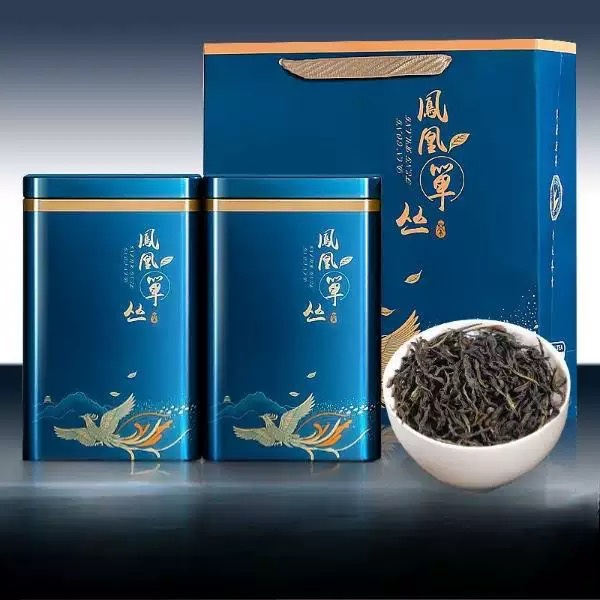
# The Fragrant Essence of Oolong Tea
## Discovering the Unique Aroma of Oolong Tea
Keyword: Aroma of Oolong Tea
Oolong tea, with its captivating aroma, stands as one of the most complex and rewarding tea varieties in the world. The fragrance of oolong tea is a symphony of floral, fruity, and sometimes even woody notes that dance upon the senses with each sip.
The Science Behind the Scent
The distinctive aroma of oolong tea comes from its unique processing method. As a semi-oxidized tea, oolong undergoes partial fermentation that creates complex aromatic compounds. The level of oxidation, which can range from 10% to 70%, significantly impacts the final fragrance profile.
Key aromatic compounds found in oolong tea include:
- Linalool – contributing floral notes
- Geraniol – adding rose-like aromas
- Jasmine lactone – providing sweet, fruity tones
- Benzaldehyde – offering almond-like nuances
Regional Variations in Aroma
The terroir of oolong tea plays a crucial role in its aromatic profile. Different growing regions produce distinct fragrance characteristics:
Taiwanese Oolongs
Known for their bright, floral aromas with notes of lilac and orchid. High mountain oolongs from Taiwan often carry a refreshing, crisp quality reminiscent of mountain air.
Fujian Oolongs
These traditional Chinese oolongs offer deeper, roasted aromas with hints of honey and stone fruit. Tie Guan Yin, in particular, is celebrated for its orchid-like fragrance.
Wuyi Rock Oolongs
These mineral-rich teas from the Wuyi Mountains present complex aromas often described as “rock rhyme,” with notes of charcoal, dried fruit, and subtle smokiness.
Brewing for Optimal Aroma
To fully appreciate the aromatic complexity of oolong tea, proper brewing is essential:
- Use freshly drawn spring water heated to 85-95°C (185-205°F)
- Preheat your teaware to maintain temperature stability
- Use approximately 5-7 grams of tea per 150ml of water
- Steep for 30 seconds to 1 minute for the first infusion
- Gradually increase steeping time for subsequent infusions
The fragrance of oolong tea evolves beautifully through multiple infusions, revealing different aromatic layers with each steep. This makes oolong tea not just a beverage, but a sensory journey through scent and flavor.
Pairing with Food
The aromatic complexity of oolong tea makes it exceptionally versatile for food pairings:
| Oolong Type | Recommended Pairings |
|---|---|
| Light, floral oolongs | Fresh fruit, light pastries, seafood |
| Medium oxidation oolongs | Roasted vegetables, poultry, nutty cheeses |
| Dark, roasted oolongs | Chocolate desserts, grilled meats, mushrooms |
The aromatic journey of oolong tea is one of discovery and delight. From the